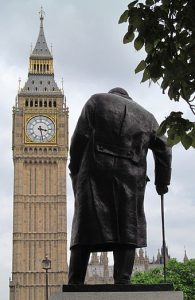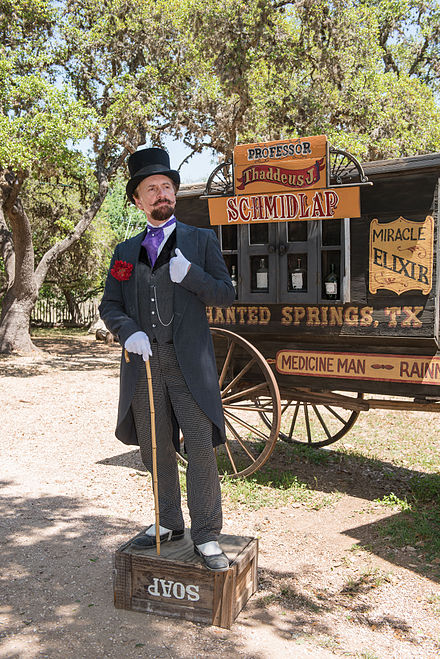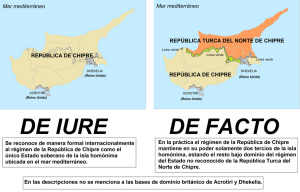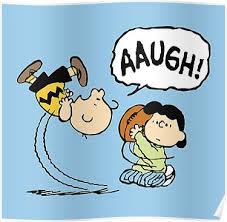 Ours is a frightening time. We not only have a pandemic that has killed more than a million people around the world, but in our nation we have the potential for political violence during and after our national election. I’ve volunteered to be a poll worker. It seems a small sacrifice, but one must do something to be sure we have an election we can trust.
Ours is a frightening time. We not only have a pandemic that has killed more than a million people around the world, but in our nation we have the potential for political violence during and after our national election. I’ve volunteered to be a poll worker. It seems a small sacrifice, but one must do something to be sure we have an election we can trust.
As I searched for metaphors of hope, I came up dry (itself an apt, arid metaphor). So I went back to a moment from Peter Jackson’s Lord of the Rings films that gave me hope in the dark days of the Second Gulf War: Gandalf and Pippin at Minas Tirith, on the night before Sauron’s forces attack the city. Both characters have reason to be afraid of what the next day will bring. Gandalf does not give his Hobbit friend any false hopes, and he says that only “a fool’s hope” remains that Frodo and Sam will complete their quest.
Not cheery stuff at our present dark hour, but I think we can agree with a statement, in both film and book (spoken by a character named Beregond in Tolkien’s text, Gandalf in Jackson’s film) that we are experiencing “the deep breath before the plunge.” That’s a metaphor Tolkien coined, I suspect, but then I thought about other similar figures of speech.
“A loaded pause,” sounds ominous and proper for this month of October. Where did it come from, suggesting a short break in warfare, with both sides leaning on their loaded guns, waiting for battle to resume?
Several sources found in a casual Google search suggest an origin with Sir Winston Churchill, who frequently employed metaphors and, indeed, verbal pauses in his most famous speeches. Consider that he gave us “finest hour,” “Iron Curtain,” and mentioned how the lights were going out across Europe, on the eve of the Second World War. The final one itself nodded to Sir Edward Grey’s 1914 metaphor that “The lamps are going out all over Europe, we shall not see them lit again in our life-time.”
Churchill’s figurative language worked all the better to sway his audiences. In a 1936 speech, named after our metaphor, you can hear how he built an argument against Hitler’s rise; one senses war creeping ever closer. Yet in two times through, I don’t hear him utter our metaphor. It’s too good, however, to pass by.
I’m wishing for a Churchill, for all his faults and controversial legacy, or a Gandalf right now. I suspect many of you are, too. Here’s to wishing for better metaphors ahead.
Send us words and metaphors to feature here. Hopeful ones useful in academic work are most welcome! See all of our Metaphors of the Month here and Words of the Week here.
Image of Parliament Square, London, courtesy of Wikipedia.








